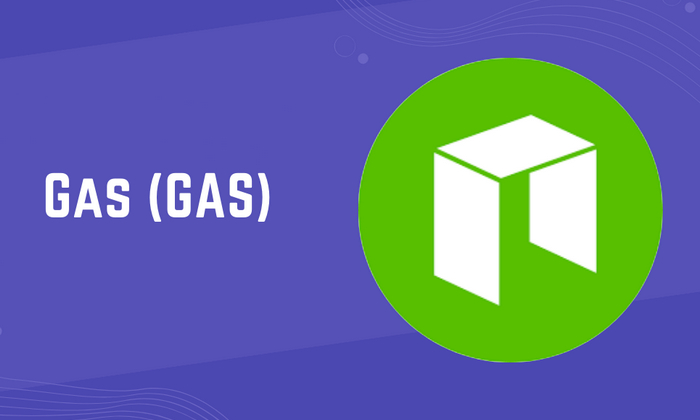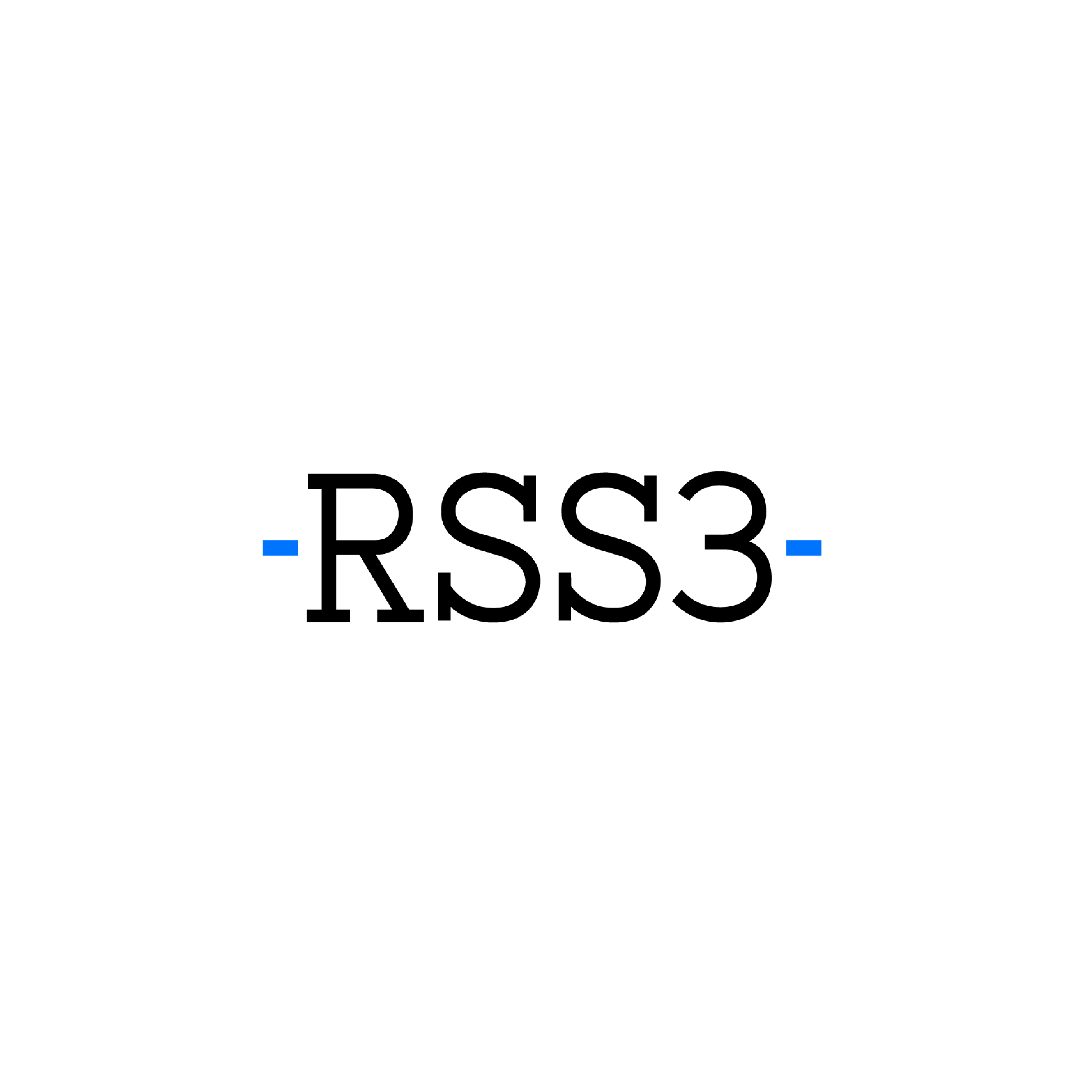-
 Bitcoin
Bitcoin $83,481.2504
1.47% -
 Ethereum
Ethereum $1,594.8784
2.16% -
 Tether USDt
Tether USDt $0.9995
0.03% -
 XRP
XRP $2.0584
2.27% -
 BNB
BNB $589.8752
1.06% -
 Solana
Solana $124.5416
5.31% -
 USDC
USDC $1.0000
0.01% -
 Dogecoin
Dogecoin $0.1620
2.54% -
 TRON
TRON $0.2492
5.06% -
 Cardano
Cardano $0.6386
2.07% -
 UNUS SED LEO
UNUS SED LEO $9.4024
-0.01% -
 Chainlink
Chainlink $12.7519
1.91% -
 Avalanche
Avalanche $19.0715
1.49% -
 Stellar
Stellar $0.2381
1.20% -
 Shiba Inu
Shiba Inu $0.0...01227
2.71% -
 Toncoin
Toncoin $2.9176
-0.14% -
 Sui
Sui $2.1989
1.15% -
 Hedera
Hedera $0.1686
-2.31% -
 Bitcoin Cash
Bitcoin Cash $314.9700
4.19% -
 MANTRA
MANTRA $6.3745
-0.47% -
 Litecoin
Litecoin $76.1182
-0.18% -
 Polkadot
Polkadot $3.5912
2.10% -
 Dai
Dai $1.0000
0.00% -
 Bitget Token
Bitget Token $4.3914
2.66% -
 Hyperliquid
Hyperliquid $15.5070
3.14% -
 Pi
Pi $0.7361
21.71% -
 Ethena USDe
Ethena USDe $0.9988
0.03% -
 Monero
Monero $208.6259
3.20% -
 Uniswap
Uniswap $5.3209
2.18% -
 OKB
OKB $52.8771
-0.57%
What coin is Gas?
Gas serves as the lifeblood of blockchain transactions, incentivizing miners and validators to allocate their computational resources for efficient and timely execution of these transactions.
Nov 20, 2024 at 07:52 am

What is Gas?
In the realm of blockchain technology, "Gas" holds a pivotal role. It serves as the fuel that drives transactions across various blockchains, facilitating the seamless transfer of cryptocurrencies, execution of smart contracts, and interaction with decentralized applications (dApps).
The concept of Gas revolves around the computational resources required to process transactions on a blockchain. Each transaction incurs a specific Gas fee, which is paid by the sender to incentivize miners or validators to prioritize and execute the transaction promptly. This fee mechanism ensures that essential transactions with higher urgency receive quicker processing times.
How Does Gas Work?
- Transaction Submission: When a user initiates a transaction on a blockchain, they specify two key parameters: the amount of cryptocurrency to be transferred and the Gas limit they are willing to pay. The Gas limit represents the maximum amount of Gas the user is prepared to spend on the transaction, ensuring their willingness to compensate miners for the computational effort required.
- Gas Price Calculation: Miners and validators on the blockchain use a predefined Gas price to determine the total Gas fee for a transaction. This Gas price reflects the current market demand for blockchain processing power and fluctuates based on factors like network congestion and transaction volume.
- Transaction Validation: Miners or validators assess the Gas limit and Gas price associated with a transaction to determine whether it meets the threshold for processing. If the Gas limit exceeds the network's requirements, the transaction is validated and added to the blockchain. If the Gas limit is insufficient, the transaction is rejected, and the user must adjust the Gas parameters and resubmit it.
- Gas Fee Allocation: The total Gas fee paid by the sender of a transaction is split among the miners or validators who participate in validating and processing it. This incentivizes nodes to allocate their computational resources to handle the transaction, ensuring its timely execution.
Gas Fees in Action
The significance of Gas fees is particularly evident during periods of high network congestion. When the demand for blockchain transactions surges, such as during periods of significant market volatility or the launch of popular dApps, Gas prices tend to escalate as users compete to have their transactions processed quickly.
Conversely, when network activity is low, Gas prices may decline, allowing users to conduct transactions at a lower cost. Monitoring network congestion and Gas prices can help users optimize their transaction fees and ensure their operations are processed efficiently.
Top Gas Fees (excluding FTX)
Ethereum:
- Average Gas fee: 20-40 Gwei (variable and dependent on demand)
Binance Chain:
- Fixed Gas fee: 0.001 BNB
Polygon:
- Typical Gas fee: 10-100 Gwei (much lower than Ethereum)
Avalanche:
- Average Gas fee: 0.005-0.05 AVAX
Solana:
- Micropayments-based Gas fees: 0.00001-0.00005 SOL
Cardano:
- Average Gas fee: 0.16-0.5 ADA
Algorand:
- No Gas fees for basic operations (fees applied for complex smart contract executions)
EOS:
- No Gas fees for network usage (resources are leased from block producers)
Additional Considerations
In addition to the aforementioned aspects, users should be mindful of the following when navigating Gas fees:
- Gas Efficiency: Some transactions require more computational resources than others, resulting in higher Gas fees. Optimizing transaction data and using efficient smart contracts can minimize Gas consumption.
- Gas Estimation Tools: Several online tools provide Gas estimation services, helping users estimate the potential Gas fees associated with their transactions before submitting them.
- Token Burn Mechanisms: Some blockchains incorporate mechanisms to burn Gas fees, reducing the overall Gas supply and potentially influencing Gas prices over time.
Disclaimer:info@kdj.com
The information provided is not trading advice. kdj.com does not assume any responsibility for any investments made based on the information provided in this article. Cryptocurrencies are highly volatile and it is highly recommended that you invest with caution after thorough research!
If you believe that the content used on this website infringes your copyright, please contact us immediately (info@kdj.com) and we will delete it promptly.
- PI Token Has Staged a Furious Comeback, Skyrocketing Over 15% to Reclaim the $0.70 Mark
- 2025-04-12 19:30:13
- 119 Million Pi Network Tokens to Be Released by Month-End
- 2025-04-12 19:30:13
- Don't Kick Yourself Over Early XRP? This AI Presale Token Might Be Your Redemption
- 2025-04-12 19:25:14
- Bitcoin Cash (BCH) Breaks Out Again — Is a 2x Rally Underway?
- 2025-04-12 19:25:14
- Ethereum Bears Win Big as Short ETFs Dominate 2025 Rankings
- 2025-04-12 19:20:13
- BitMEX Co-Founder Arthur Hayes Urges Market Participants to 'Buy Everything'
- 2025-04-12 19:20:13
Related knowledge

What is Ethereum’s Slashing mechanism and how to punish malicious behavior?
Feb 20,2025 at 03:08am
Key PointsOverview of slashingDifferent types of slashing in EthereumIncentives and consequences of slashingIdentifying and reporting slashed validatorsOngoing discussions and potential improvementsEthereum's Slashing Mechanism: Punishing Malicious BehaviorEthereum's slashing mechanism is an essential tool for ensuring network security and punishing mal...

What is the verifier node of Ethereum and how to become a verifier?
Feb 19,2025 at 06:00pm
The Verifier Node of Ethereum: A Comprehensive GuideKey Points:What is a Verifier Node?How to Become a Verifier NodeResponsibilities and Rewards of a Verifier NodeMinimum Requirements for Becoming a Verifier NodePotential Difficulties in Running a Verifier Node1. What is a Verifier Node?A Verifier Node is an independent entity on the Ethereum network th...

What is Ethereum’s staking, and how to participate and earn money?
Feb 19,2025 at 04:37pm
Key Points:Understanding Ethereum's Staking MechanismSteps to Participate in StakingBenefits and Rewards of StakingSecurity and Risk ConsiderationsTechnical Requirements and Hardware OptionsPotential Challenges and Troubleshooting TipsFAQs on Ethereum StakingWhat is Ethereum's Staking?Proof-of-Stake (PoS) is a consensus mechanism used in blockchain netw...

What is Ethereum’s DAO (Decentralized Autonomous Organization) and how does it work?
Feb 20,2025 at 03:12am
Key PointsDefinition and Structure of a DAOGovernance and Decision-Making in DAOsBenefits and Use Cases of DAOsChallenges and Limitations of DAOsWhat is Ethereum's DAO (Decentralized Autonomous Organization) and How Does It Work?Definition and Structure of a DAOA Decentralized Autonomous Organization (DAO) is an innovative governance and management fram...

What is Ethereum's multi-signature wallet and how to improve security?
Feb 20,2025 at 02:18pm
Key Points:Understanding the Concept of a Multi-Signature WalletBenefits and Drawbacks of Multisig WalletsRequirements for Setting Up a Multisig WalletStep-by-Step Guide to Generating a Multisig WalletImplementing Strategies for Enhanced Security1. Understanding the Concept of a Multi-Signature WalletA multi-signature (multisig) wallet in the Ethereum e...

What is Ethereum's oracle and how to provide data for smart contracts?
Feb 21,2025 at 01:30am
Key Points:Understanding the concept of oracles in EthereumExploring different types of oraclesDetailed guide on how to provide data for smart contractsAddressing potential challenges and considerationsWhat is Ethereum's Oracle?Oracles are crucial components in the Ethereum ecosystem, enabling smart contracts to access real-world data and off-chain even...

What is Ethereum’s Slashing mechanism and how to punish malicious behavior?
Feb 20,2025 at 03:08am
Key PointsOverview of slashingDifferent types of slashing in EthereumIncentives and consequences of slashingIdentifying and reporting slashed validatorsOngoing discussions and potential improvementsEthereum's Slashing Mechanism: Punishing Malicious BehaviorEthereum's slashing mechanism is an essential tool for ensuring network security and punishing mal...

What is the verifier node of Ethereum and how to become a verifier?
Feb 19,2025 at 06:00pm
The Verifier Node of Ethereum: A Comprehensive GuideKey Points:What is a Verifier Node?How to Become a Verifier NodeResponsibilities and Rewards of a Verifier NodeMinimum Requirements for Becoming a Verifier NodePotential Difficulties in Running a Verifier Node1. What is a Verifier Node?A Verifier Node is an independent entity on the Ethereum network th...

What is Ethereum’s staking, and how to participate and earn money?
Feb 19,2025 at 04:37pm
Key Points:Understanding Ethereum's Staking MechanismSteps to Participate in StakingBenefits and Rewards of StakingSecurity and Risk ConsiderationsTechnical Requirements and Hardware OptionsPotential Challenges and Troubleshooting TipsFAQs on Ethereum StakingWhat is Ethereum's Staking?Proof-of-Stake (PoS) is a consensus mechanism used in blockchain netw...

What is Ethereum’s DAO (Decentralized Autonomous Organization) and how does it work?
Feb 20,2025 at 03:12am
Key PointsDefinition and Structure of a DAOGovernance and Decision-Making in DAOsBenefits and Use Cases of DAOsChallenges and Limitations of DAOsWhat is Ethereum's DAO (Decentralized Autonomous Organization) and How Does It Work?Definition and Structure of a DAOA Decentralized Autonomous Organization (DAO) is an innovative governance and management fram...

What is Ethereum's multi-signature wallet and how to improve security?
Feb 20,2025 at 02:18pm
Key Points:Understanding the Concept of a Multi-Signature WalletBenefits and Drawbacks of Multisig WalletsRequirements for Setting Up a Multisig WalletStep-by-Step Guide to Generating a Multisig WalletImplementing Strategies for Enhanced Security1. Understanding the Concept of a Multi-Signature WalletA multi-signature (multisig) wallet in the Ethereum e...

What is Ethereum's oracle and how to provide data for smart contracts?
Feb 21,2025 at 01:30am
Key Points:Understanding the concept of oracles in EthereumExploring different types of oraclesDetailed guide on how to provide data for smart contractsAddressing potential challenges and considerationsWhat is Ethereum's Oracle?Oracles are crucial components in the Ethereum ecosystem, enabling smart contracts to access real-world data and off-chain even...
See all articles





















![Crypto Otaku - CRYPTO CHAOS! 83K BITCOIN! CRYPTO RALLY!! XCN , JASMY , SWFTC LEAD!!! [Episode 228] Crypto Otaku - CRYPTO CHAOS! 83K BITCOIN! CRYPTO RALLY!! XCN , JASMY , SWFTC LEAD!!! [Episode 228]](/uploads/2025/04/12/cryptocurrencies-news/videos/crypto-otaku-crypto-chaos-k-bitcoin-crypto-rally-xcn-jasmy-swftc-lead-episode/image-1.webp)

































































